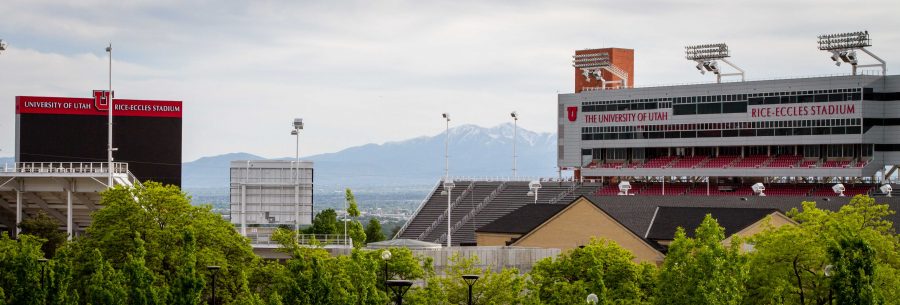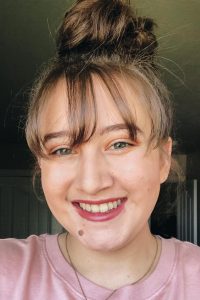In the aftermath of the Larry Nassar case at Michigan State University as well as numerous other cases of athletes abusing other students, sexual abuse has become a topic that all athletic departments are cracking down on. At the University of Utah, our athletic department’s determination to keep sexual abuse off our campus is no different. Student athletes and coaches have to go through annual trainings about sexual misconduct.
Nona Richardson is the senior associate athletic director, senior woman administrator and deputy Title IX coordinator for the U. She said that the athletic department works in tandem with other groups on campus for their yearly seminars.
“We work collaboratively with the Center for Student Wellness, as well as the Office of Equal Opportunity in providing the training. We also bring in off-campus entities to gather a different perspective. Our student athletes are also encouraged to participate in any campus events that take place,” Richardson said.
Those “other campus events that take place” would include prediction and prevention training, women’s tactical defense training and attending talks such as the one given by Elizabeth Cowley of the One Love Foundation on Healthy Relationships. These aren’t just available to student athletes, but they are also available to any student that wants to attend.
These classes are important because they not only educate our student athletes on the dangers of sexual abuse, but they also teach them how to report and how to stay say safe in dangerous situations.
Student athletes aren’t the only ones to go through this training. Coaches also go through their own training where they are educated on the dangers of sexual abuse, how to report it and how to help their athletes stay away from these types of situations.
“I cannot speak for what has taken place before I got here, but for the past four years, we have been doing presentations. The coaches and staff presentations are separate from the student athletes,” Richardson said.
These classes even separate male from female student athletes and go as far as holding a separate seminar for the members of the football team. It is done this way to point out specific issues or challenges they might face.
“The purpose for separating them is to talk to them on a different level, to get their attention and to cut down on the disruption that sometimes goes on within the larger group of student athletes,” Richardson said.
Being able to split the student athletes up creates a learning environment that is beneficial for everyone. The athletes are able to open up and feel welcome to share their thoughts and feelings regarding sexual misconduct in a safe environment. Doing this also increases focus throughout the seminars, creating a more well-versed group of individuals.
The instructors are also able to tailor the learning to each groups’ specific needs and help them become not only better student athletes, but better leaders in the community.
Starting this year, the Utah Athletic Department started a program called Psychology and Wellness, which falls under the Student Athlete Support Services, a free service that all student athletes can use. Their mission statement is to “promote health and wellness of all student athletes, with a special emphasis on mental health and well-being. The Psychology and Wellness program aims to provide services in a timely manner and includes crisis services and therapy at no financial charge to student athletes.”
Something that the staff at the Psychology and Wellness program want to make sure of is that the student athletes at the university are healthy psychologically, emotionally and relationally. They are some of the ones who help provide these trainings that educate these student athletes and coaches. They also provide opportunities where these athletes can open up and clear their minds, which helps them to perform better on the field and in the classroom.
“We are fortunate to have two full-time Psychology and Wellness directors who also provide healthy relationship training to our student athletes,” Richardson said.
The topic of sexual abuse is no longer something that is taboo. It is now something that is talked about regularly for the benefit of the community. As these student athletes follow this training every year, they become leaders, on and off campus, on how to be respectful and honorable in their personal conduct.
Training and resources on campus aren’t limited to student athletes. If you have experienced sexual abuse or know someone who has experienced sexual abuse, please contact University Police at 801-585-2677. You can also get help by contacting the University Counseling Center at 801-581-6826. You can reach out to the Women’s Resource Center at 801-581-8030.



